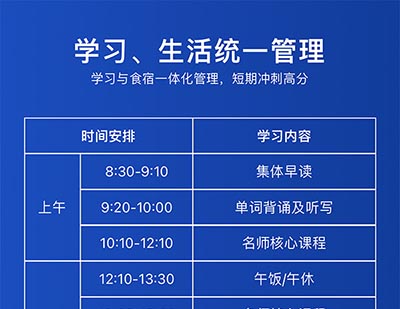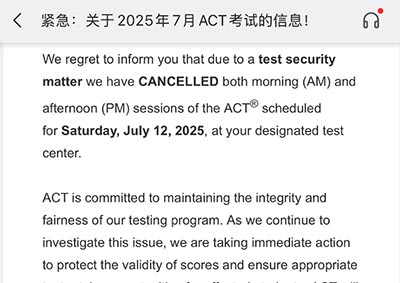Reading Comprehension
Archaeology as a profession faces two major problems. First, it is the poorest of the poor. Only paltry sums are available for excavating and even less is available for publishing the results and preserving the sites once excavated. Yet archaeologists deal with priceless objects every day. Second, there is the problem of illegal excavation, resulting in museum-quality pieces being sold to the highest bidder. I would like to make an outrageous suggestion that would at one stroke provide funds for archaeology and reduce the amount of illegal digging. I would propose that scientific archaeological expeditions and governmental authorities sell excavated artifacts on the open market. Such sales would provide substantial funds for the excavation and preservation of archaeological sites and the publication of results. At the same time, they would break the illegal excavator’s grip on the market, thereby decreasing the inducement to engage in illegal activities. You might object that professionals excavate to acquire knowledge, not money. Moreover, ancient artifacts are part of our global cultural heritage, which should be available for all to appreciate, not sold to the highest bidder. I agree. Sell nothing that has unique artistic merit or scientific value. But, you might reply, everything that comes out of the ground has scientific value. Here we part company. Theoretically, you may be correct in claiming that every artifact has potential scientific value. Practically, you are wrong. I refer to the thousands of pottery vessels and ancient lamps that are essentially duplicates of one another. In one small excavation in Cyprus, archaeologists recently uncovered 2,000 virtually indistinguishable small jugs in a single courtyard. Even precious royal seal impressions known as l'melekh handles have been found in abundance—more than 4,000 examples so far. The basements of museums are simply not large enough to store the artifacts that are likely to be discovered in the future. There is not enough money even to catalog the finds; as a result, they cannot be found again and become as inaccessible as if they had never been discovered. Indeed, with the help of a computer, sold artifacts could be more accessible than are the pieces stored in bulging museum basements. Prior to sale, each could be photographed and the list of the purchasers could be maintained on the computer. A purchaser could even be required to agree to return the piece if it should become needed for scientific purposes. It would be unrealistic to suggest that illegal digging would stop if artifacts were sold on the open market. But the demand for the clandestine product would be substantially reduced. Who would want an unmarked pot when another was available whose provenance was known, and that was dated stratigraphically by the professional archaeologist who excavated it? Question The author mentions the excavation in Cyprus (lines 31–34) to emphasize which of the following points? Answer Choices A. Ancient lamps and pottery vessels are less valuable, although more rare, than royal seal impressions. B. Artifacts that are very similar to each other present cataloguing difficulties to archaeologists. C. Artifacts that are not uniquely valuable, and therefore could be sold, are available in large quantities. D. Cyprus is the most important location for unearthing large quantities of salable artifacts. E. Illegal sales of duplicate artifacts are widespread, particularly on the island of Cyprus.
本网站注明"来源:朗思教育"的所有文字、图片和音视频稿件,版权均属杭州朗思教育咨询有限公司所有,任何媒体、网站或个人未经本网协议授权不得转载、链接、转贴或以其他任何方式复制、发表。
已获得本网站授权的媒体、网站,在使用时必须注明"来源:朗思教育",违者本网将依法追究法律责任。
课程推荐
-

【朗思】雅思预备B冲6分班
滚动开班 课时数:20/60课时 -

【朗思】托福冲刺100分课程(S3)
滚动开班 课时数:24/72课时 -

【朗思】SAT基础课程班(目标1200分)
滚动开班 课时数:24/72课时 -

【朗思】GMAT基础培训课程
滚动开班 课时数:24/72课时 -

【朗思】A-level VIP 1对1课程
滚动开班 课时数:/
















